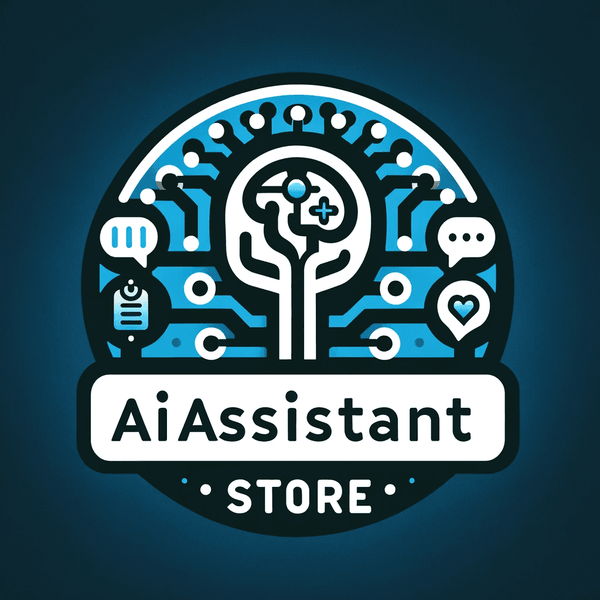Let’s not pretend - physics has always been that overachiever in the academic lineup. You know, the one scribbling integrals at lunch while the rest of us are trying to pass calc. But now? Throw artificial intelligence into the physics cauldron and... something weird starts to simmer. Seriously. Welcome to the rabbit hole: AI for Physics.
Articles you may like to read after this one:
🔗 What is quantum AI: Where physics, code, and chaos intersect
Explores how quantum computing merges with AI and complexity.
🔗 What is the best AI for math: The ultimate guide
Breaks down top AI tools for solving math problems fast.
🔗 Who is the father of AI?
Covers the pioneers who shaped artificial intelligence history.
So Wait - Why Is AI Actually a Big Deal Here?
It’s not just tech gossip. There are real perks:
-
Pattern Hunter Supreme: AI, especially those deep-learning beasts, can comb through absurd amounts of experiment data (looking at you, CERN) and catch stuff the human brain just... skips.
-
Speed Boosts Galore: Simulations that used to chug for days now cruise at warp speed. Thanks, neural nets.
-
Theorizing with a Twist: AI doesn't just process numbers - it can inspire new theories. Kind of like a caffeinated research assistant with no need for sleep.
-
Bias-Free (Ish): Algorithms don’t get cranky or political... but yeah, bad training data can still make a mess.
Bottom line? Less burnout, more breakthroughs. In theory. We’re still debugging the dream.
How AI Is Actually Used in Physics (a Quick Cheat Sheet)
| AI Tool / Technique | Who’s Using It | Cost-ish | Why It's Cool |
|---|---|---|---|
| TensorFlow for Sim | Grad Students, Researchers | Free | Manages massive simulations like a pro gamer. |
| AlphaFold | Molecular Nerds | Freemium | Predicts protein folding. Kind of magic. |
| PyTorch + Geometric | ML Physicists, Theorists | Free | Awesome for quantum graph stuff. Tricky, though. |
| CERN ROOT + AI Layers | Particle People | Free-ish | Meshes well with legacy CERN data workflows. |
| QuTiP | Quantum Tinkerers | Free | Solves Schrödinger-type headaches faster. |
Weeks-Long Simulations in Mere Minutes? For Real ⏱
Imagine you’re modeling two galaxies crashing into each other - classic Tuesday, right? Traditional methods might take literal weeks to chew through it. But throw in AI (think: reinforcement learning, generative tricks), and it’s like going from a flip phone to a warp drive.
Some labs (Caltech’s crew, for instance) are training AI to imagine new universes. Not simulate - imagine. As in, dream physics into existence. We’re not in Kansas anymore.
When the Machines Start Suggesting Physics Laws 😳
Sounds like sci-fi, but researchers are letting AI draft up new physics laws. Like:
-
Symbolic regression tools spitting out fresh equations.
-
Autoencoders that find hidden simplicity in chaotic systems.
-
Transformer-style models trying to rewrite physics papers.
Do they always make sense? Nope. Sometimes it’s gibberish dressed in LaTeX. But then again, haven’t we all been there at 2 a.m. during finals?
Quantum + AI = What Even Is Reality?
Quantum mechanics already messes with our heads. Now mix in AI and things get... melty:
-
Quantum ML: Running AI on quantum hardware. Wild.
-
AI-Powered Quantum Estimation: Fewer measurements, smarter guesses.
-
Hybrid Systems: Classic AI + quantum tricks = unexpectedly potent.
Confusing? Yes. Breakthrough potential? Also yes. Honestly, it feels like we're coding inside a Christopher Nolan movie.
Not Just Theory: AI's Real Physics Wins
This stuff isn’t locked in ivory towers. Out in the real world:
-
Fusion reactor control (think ITER) now uses AI to stabilize plasma. Yes, plasma.
-
Climate physics gets smarter forecasts thanks to physics-aware AI.
-
Gravitational waves? AI helped sniff them out in all that noisy LIGO data.
Turns out, this isn’t just academic flexing. It's practical wizardry.
Where AI Still Trips Over Its Own Equations
Let’s not overhype. There are issues:
-
Black Box Syndrome: AI spits out “answers” we don’t always understand.
-
Data Hogs: Good models demand tons of data - and physics doesn’t always deliver.
-
Pattern Hallucinations: Sometimes AI just... finds shapes in clouds.
Moral of the story: AI can boost physics. It can't replace physicists. Yet.
For the Time-Crunched Brain
AI + physics = a deeply strange, wildly promising mashup. Faster simulations. Bold theories. Real-world wins. But as with any messy experiment, what you get depends on how you set it up.
If you’re in physics and not poking around in AI? You might be missing the next paradigm shift. No pressure. 🚀

